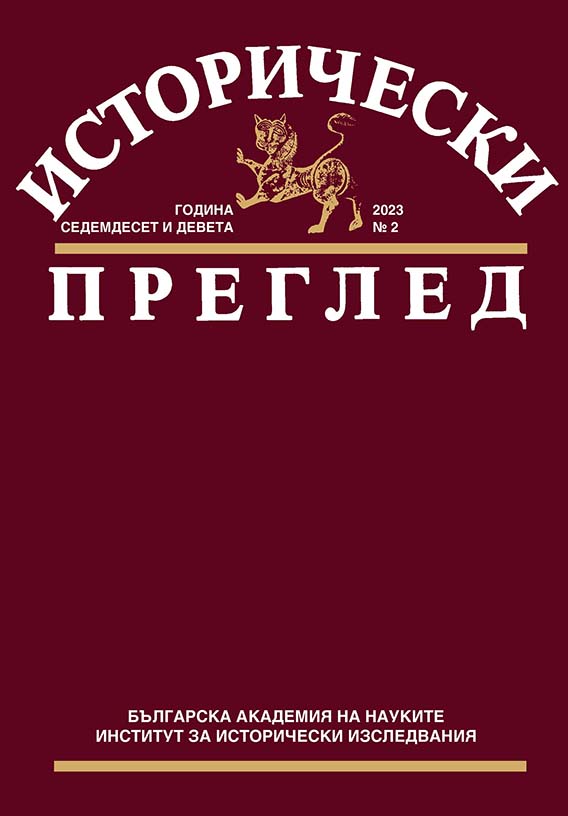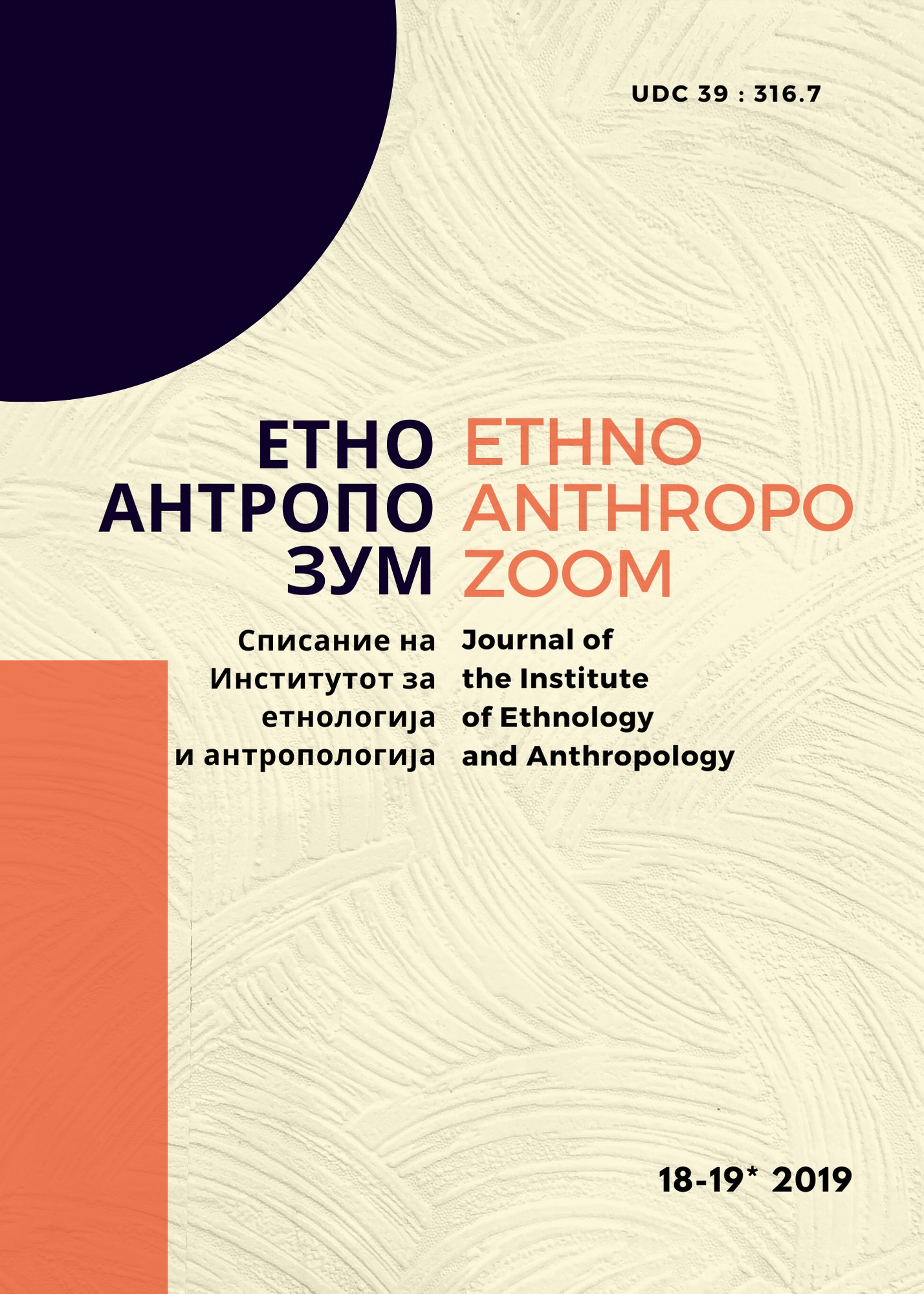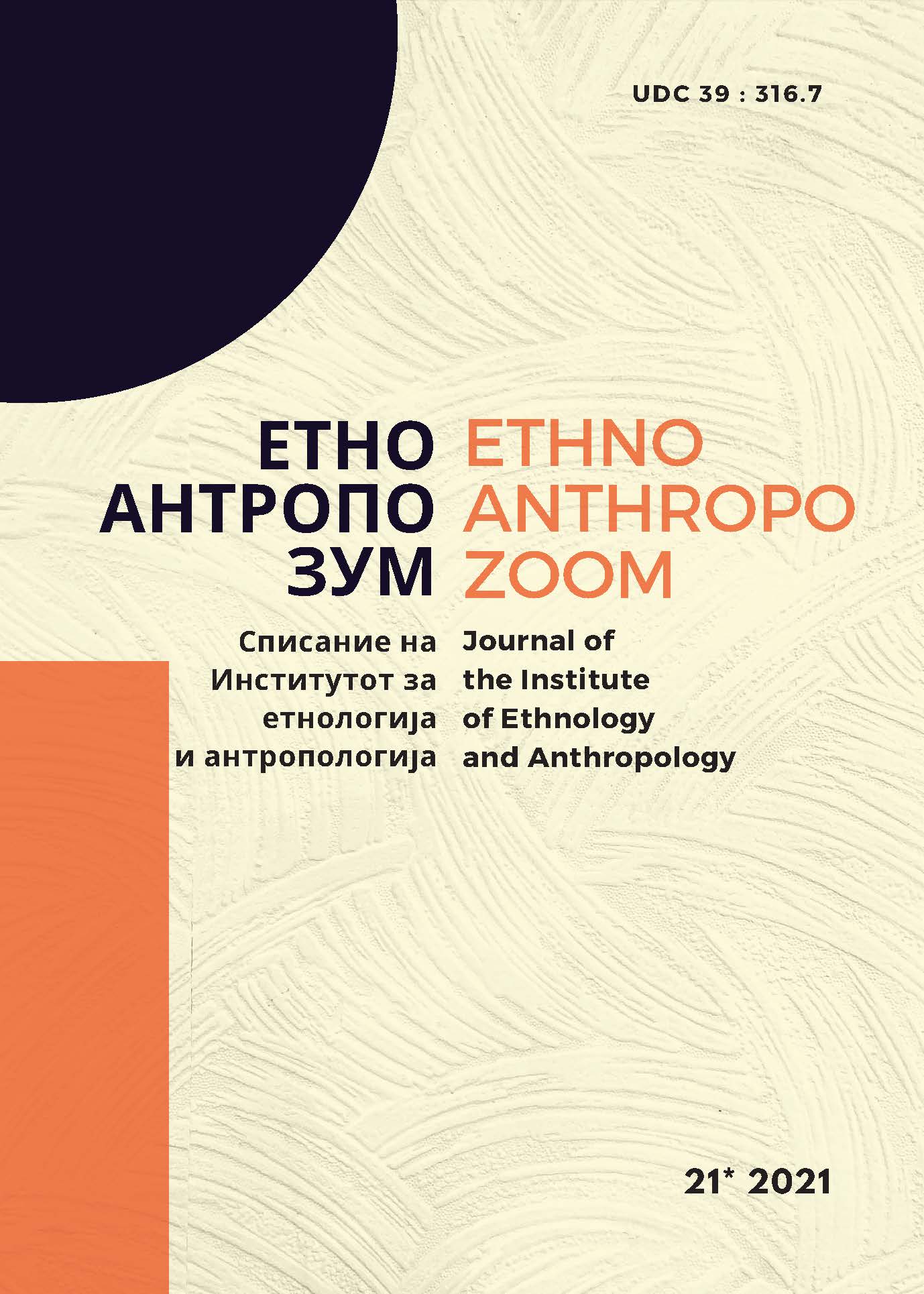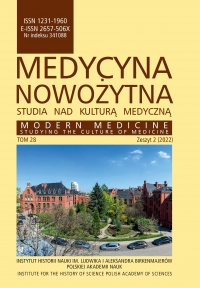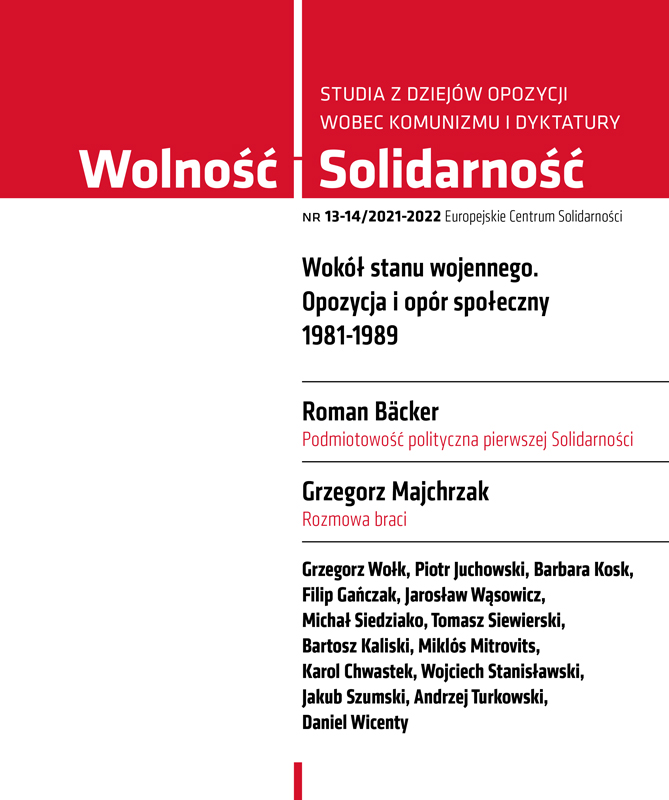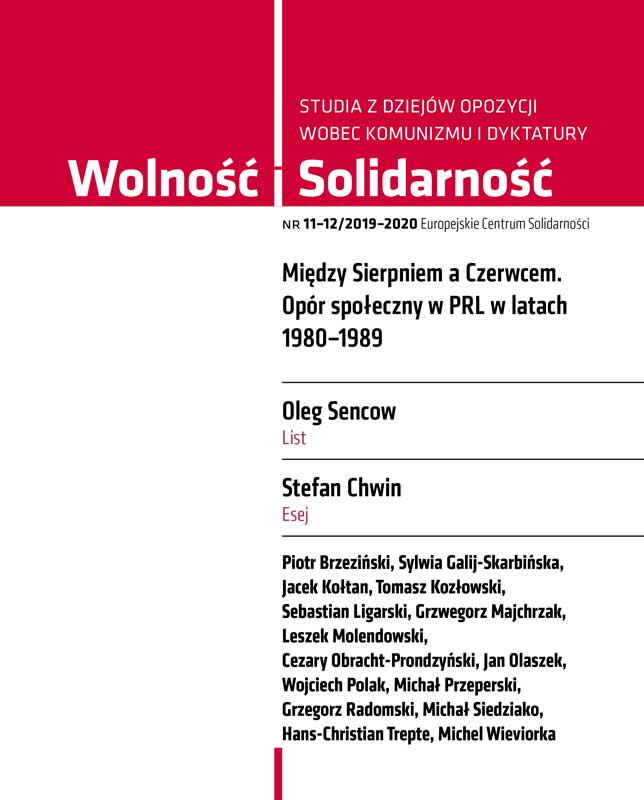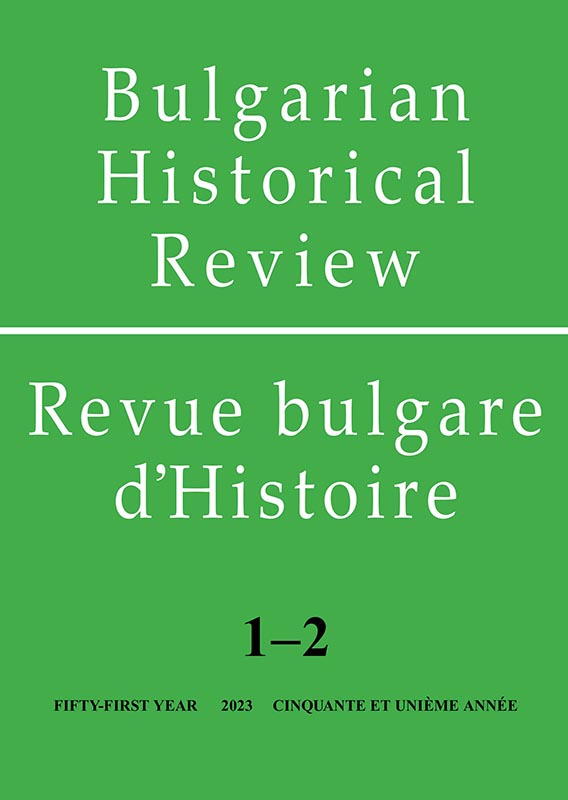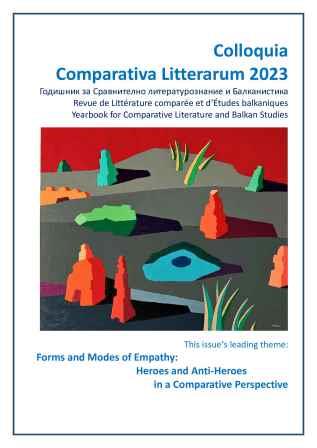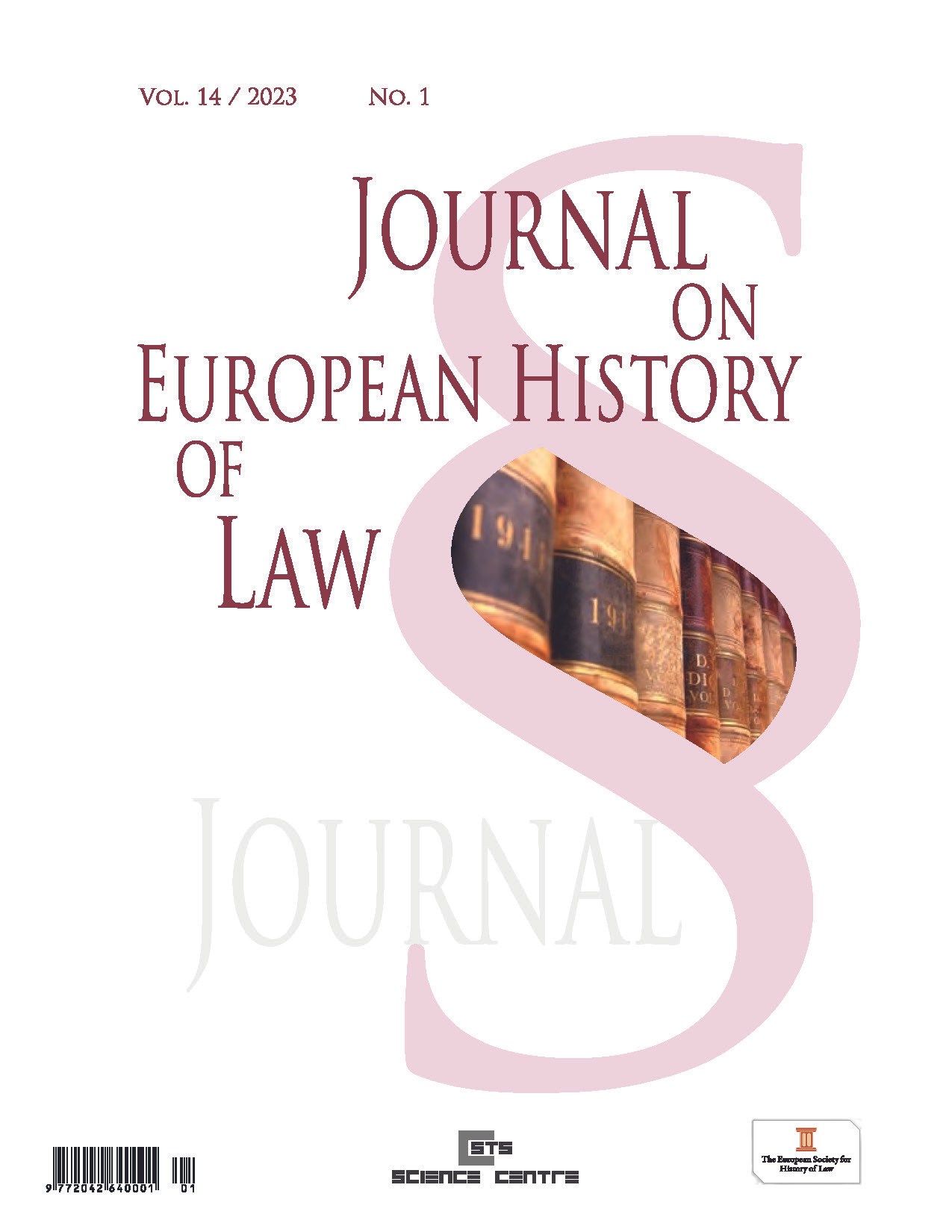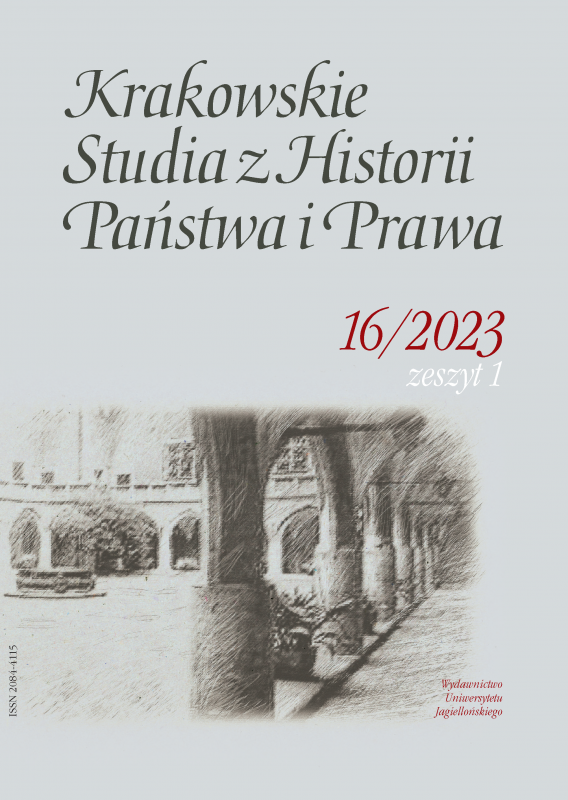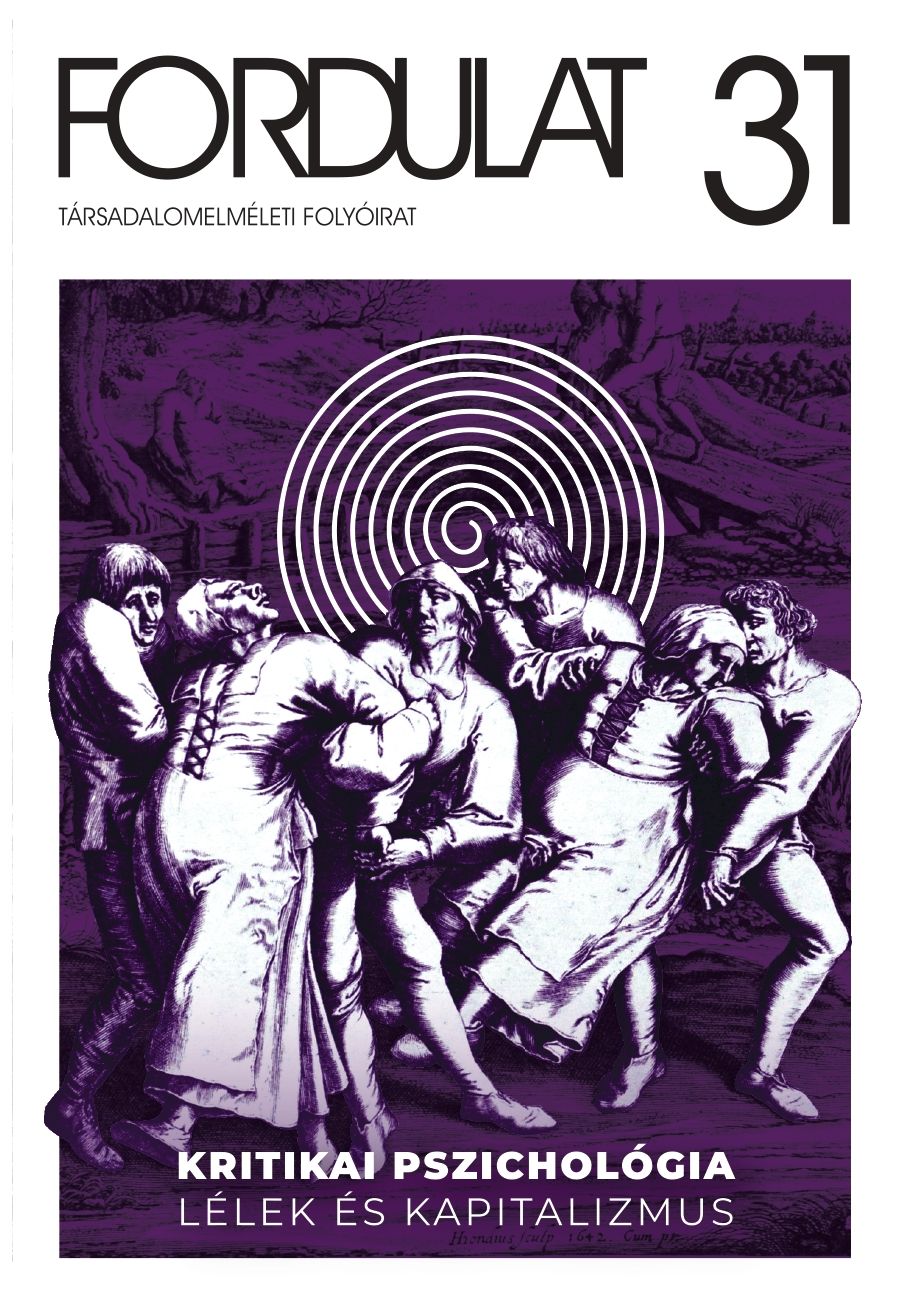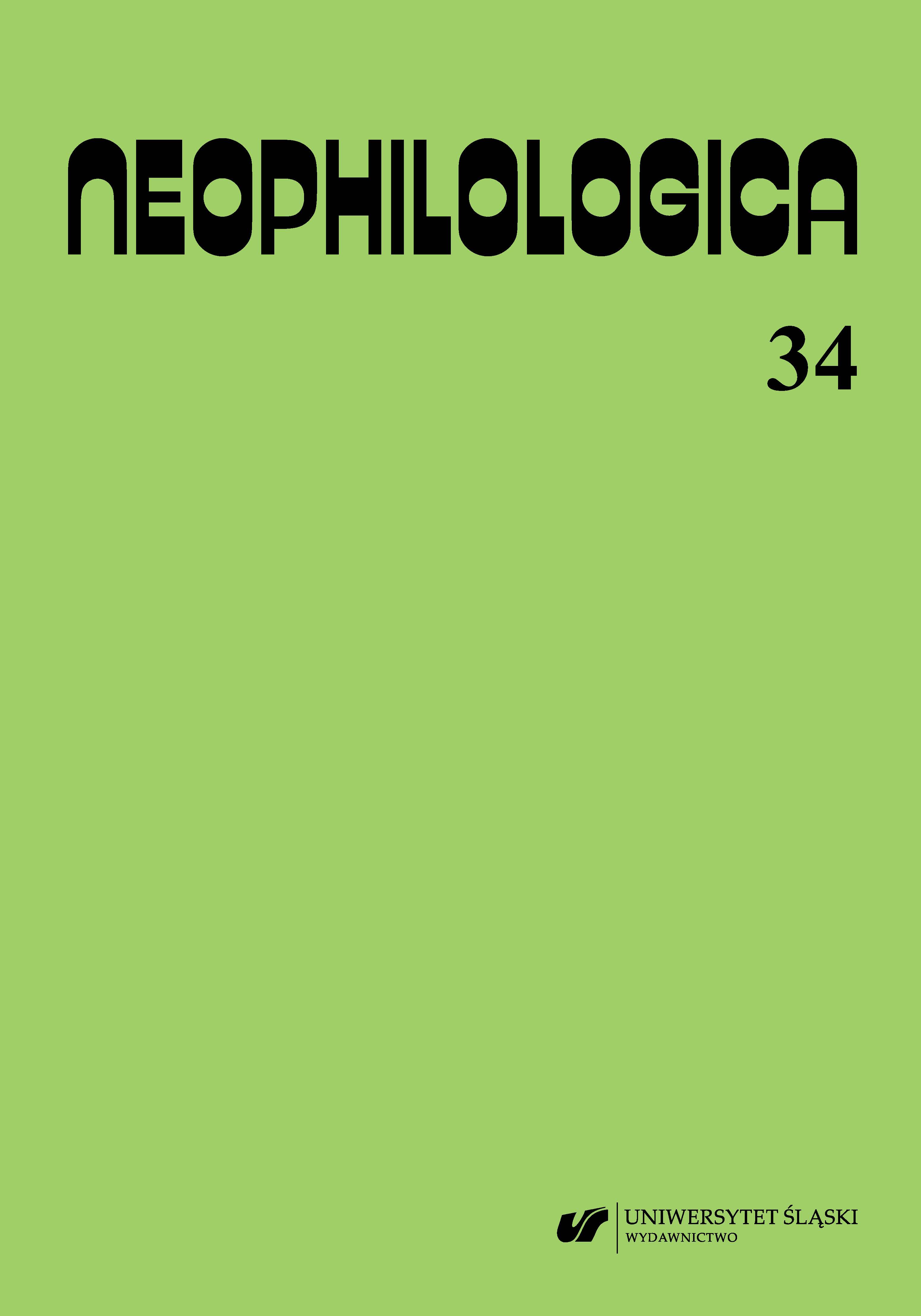
Mai dire basta alla pasta. Il discorso delle diete dimagranti nel periodico italiano per uomini “For Men Magazine” (2013—2022)
Using the tools of rhetoric and critical discourse analysis, the paper describes the discourse of slimming diets in the Italian men’s magazine “For Men”. The study covered 49 monthly issues published in 2013—2022. The research has shown the presence of numerous persuasive techniques based on building the credibility of theses presented to the readers (mostly using the argument of authority). There are numerous references to popular topoi that increase the competitiveness of the proposed nutritional regimes. Some techniques influencing the emotions of readers were used to a lesser extent. The discourse of diets is present in every issue of the magazine under study, and much space is devoted to it, creating the impression that it is an important and interesting topic for contemporary Italian readers (permanent columns present). In addition, phenomena such as scientization and medicalization of nutrition, fragmentation of the male body were observed. Many of the examples cited could be found in the Italian women’s press published about 15 years ago.
More...
